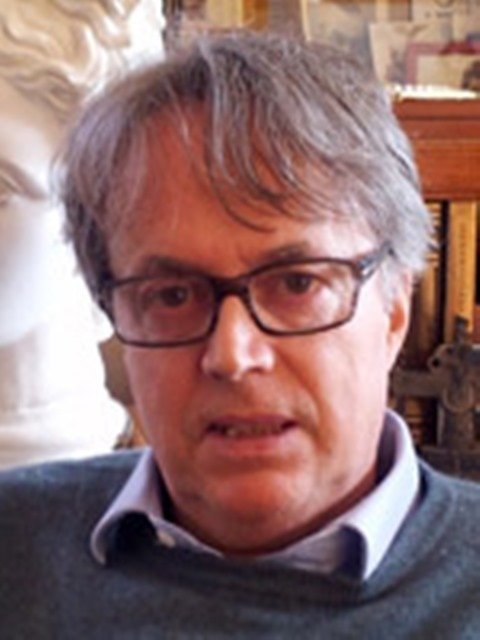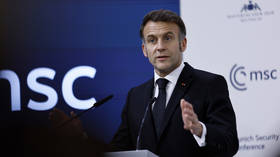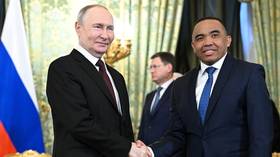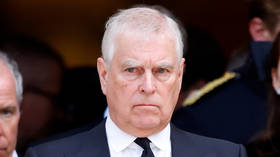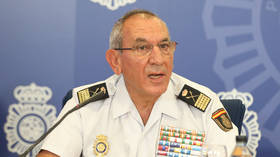Italy’s Matteo Renzi: New man of destiny
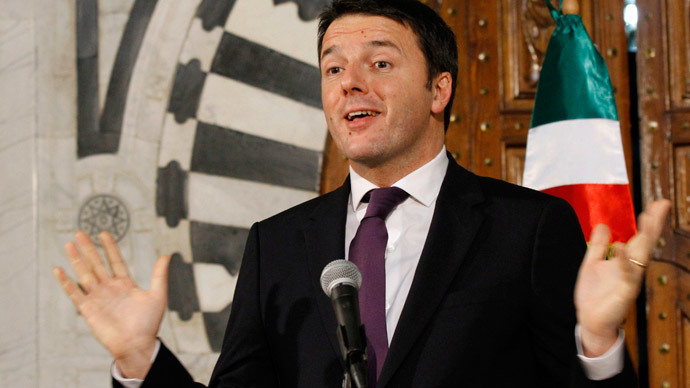
Let me introduce you to Matteo Renzi, recently-appointed Italian prime minister, who is running another new government which didn't spring out of the ballots, but was decided in political corridors.
“A Man of Providence is coming. During my life, I have already known one of such a character: it was enough to [last] me, forever.” This is how the great Italian journalist of postwar period Indro Montanelli described Silvio Berlusconi as, in some aspects, the heir of Mussolini, when he became Italian prime minister in 1994.
What brings together the Fascist ‘il Duce’ and ‘il Cavaliere’ as he is called in Italy, is not obviously fascism. To believe in a fascist danger after the regime was buried by history remained only the Italian Left that used anti-fascism as an ideology to cover its desertion of any real alternative politics.
The Man of Destiny, the one who can resolve any problem with his magical charisma is truly an archetype of the Italian psyche, rooted in the long centuries in which Italy was “a geographical expression.” Waiting for some outside salvation became a habit. Through the wringer of history this myth provided unfailingly rushing starts followed by crushing ends. And now another Man of Providence is coming.
After the Warrior, after the Entrepreneur, arrives the Good Boy. Unlike his archetypical predecessor, Matteo Renzi comes almost out of nowhere. He was a boy scout, a champion of television quiz, then he made a brief jump into the remnant of Christian Democrats, after which he joined the Democratic Party (PD), the large configuration which cover the Center-Left of single thought in Italy. He became head of Florentine Province and mayor of Florence. Finally, last December he won the primaries of PD, and became leader of the party, his springboard to highest power.
He let a magazine shoot some photos of him dressed in a bomber jacket like Fonzie, or ‘the Fonz’, the good-hearted bully of American TV series Happy Days. The very next day, while in Italy the newspapers tried obsessively to compare him to Tony Blair, British newspapers, with their unbearable, scarcely-concealed, sense of superiority, started to call him ‘the Fonz’.
At this point, you may still not realize why the Italians are waiting to be saved by him. To explain this to those who have no faith is a difficult task. We have to open the mechanism of the archetype. The Man of Destiny has a recurrence that links him to the past but every time that he manifests himself he pretends to be completely new. So when he was still mayor of Florence but was already making himself a name nationally, the media started to call him ‘the scrapper’ or ‘demolition man’, because he proclaimed at every occasion his wish to demolish the old Mandarins of the Italian party system.

Using a slippery stereotype, we can say that on the streets Italians shout for change but at home they are very conservative. This tension between change and conservation results usually in a noisy practical immobility, or with a slightly misused quotation from ‘the Leopard’, the novel by Tomasi di Lampedusa: “For things to remain the same, everything must change.”
Although Renzi’s political roots are in the Catholic center, he is closing the postwar cycle of the Italian Left that is now a full-fledged liberal force. Let us compare him to his predecessors at the secretaryship of PD: Guglielmo Epifani and Pier Luigi Bersani.
Epifani came from the main leftist Union, Bersani was a former Communist: while both were substantially adhering to the faith of the market, they still used a rhetoric that was linked to the cooperative season of the ’70s. Renzi finally got rid of all this: he uses a lot of English words, he drives a snobby little smart car, he is friends with the most successful Italian financiers in the city.
“In the globalized world there is only one kind of politics”, said Lord Peter Mandelson, the old guru of Tony Blair, talking about the choice of Renzi, whom he knows quite well. The Left is now Niki Vendola’s ‘Left Ecology and Freedom party’, who as the young philosopher Diego Fusaro puts it: “Believes that Communism is gay marriage.”
So Renzi, driven by a unique destiny (but not by the votes) got to the top with the same blocked majority of the preceding governments. The only difference is he himself, the new Man of Destiny.
In his first address, with his hands in his pockets, he quoted in the high & low style loved by his philosophical mentor Alessandro Baricco, Italian pop stars and Chesterton: “The world will never starve for want of wonders; but only for want of wonder.”
One of his top priorities is schools, usually the Cinderella of public service. Many school buildings in the country are literally crumbling down. He also wants to reform the internal revenue system, one of the most suffocating in Europe, to inject more money into business and squeeze the elephantine Italian bureaucracy. This reminds us of the question of Human Rights: who is directly against them? Who is against this, pre-political one may say, rationalization? Certainly, no one.
Well, the old Mandarins of politics, that remain in parliament waiting for vendetta, make you note with a scary smile that those reforms will cost at least 100 billion euro. Where the hell Renzi will take this money from a country whose 2012 debt was 120 per cent of GDP? Taking hope away is a huge crime but we can’t live by the faith alone.
Claudio Gallo for RT
Claudio Gallo is a journalist, currently working as a Culture editor at La Stampa, where he also was foreign desk editor and London correspondent. Occasionally, he writes for AsiaTimes and Enduring America. His main interest is Middle East politics.
The statements, views and opinions expressed in this column are solely those of the author and do not necessarily represent those of RT.
The statements, views and opinions expressed in this column are solely those of the author and do not necessarily represent those of RT.
